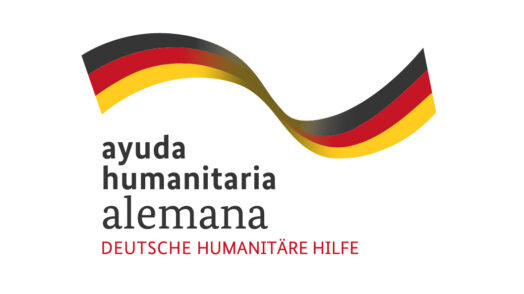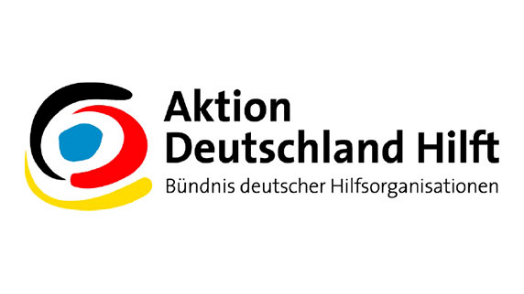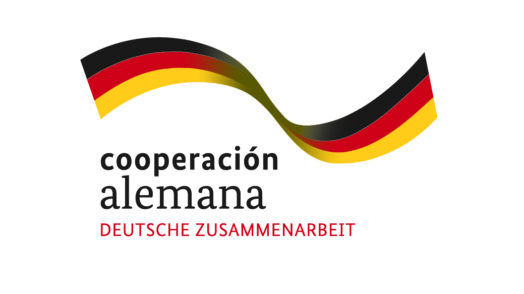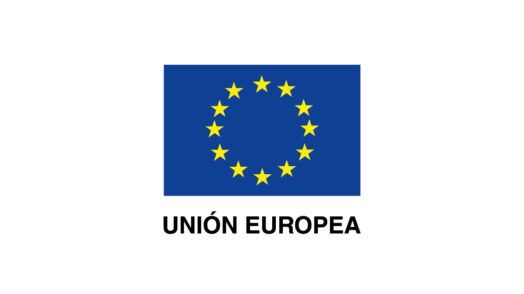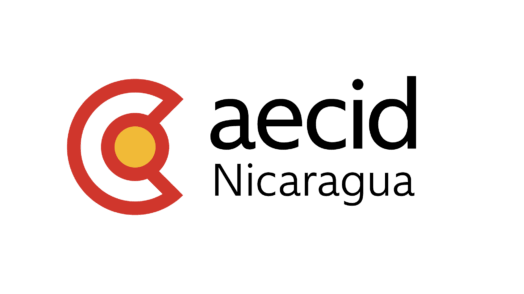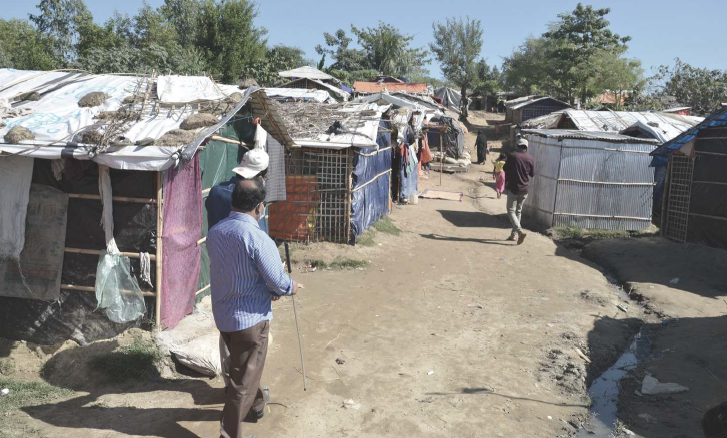
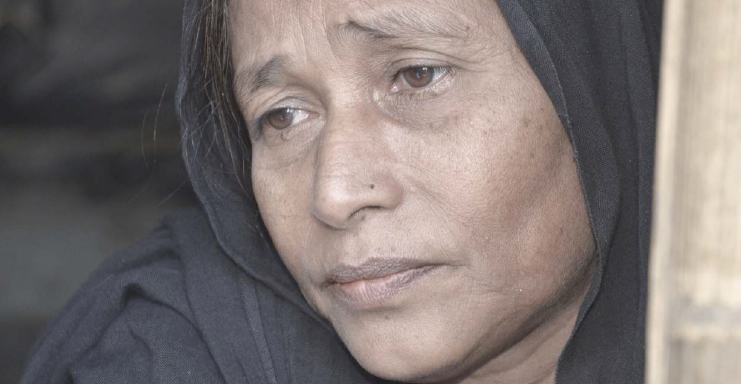
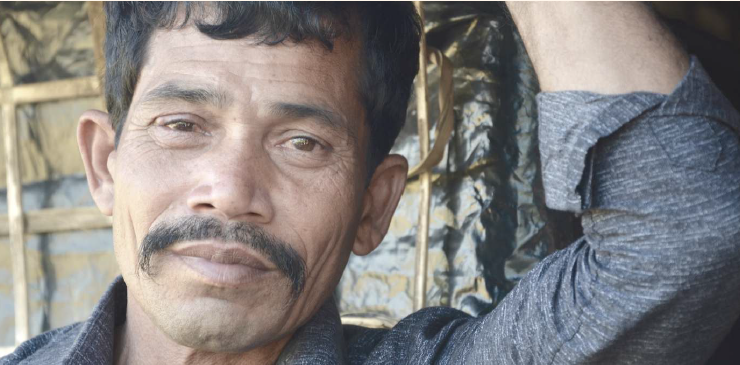
Inclusive Humanitarian Response, Reality or Challenge?
ASB rapid assessment on the inclusion of people with disabilities and older adults in the humanitarian response to the Rohingya refugee crisis
The Arbeiter-Samariter-Bund (ASB) together with the Centre for Developmental Disabilities (CDD) and Aktion Deutschland Hilft (ADH) carried out a rapid diagnosis on the inclusion of people with disabilities and older adults in the humanitarian response to the Rohingya refugee crisis in the Bax de Cox area of Bangladesh (CDD) Bangladesh. The study was conducted from November 29 to December 4, 2017.
Who are the Rohingyas?
The Rohingya are an ethnic group, mostly Muslim, concentrated in Rakhine, one of the poorest states in Myanmar, where they have lived for generations, although many of them migrated to Bangladesh during British rule. Myanmar, after gaining its independence, being a majority Buddhist nation refused to recognize the Rohingya as citizens, making them a people without a homeland. Without any recognition as citizens or residents of the country, the Rohingya have limited access to education, jobs and health systems, the result of which is: chronic poverty and marginalization.
More than 625,000 Rohingya have migrated to Bangladesh since August 25, 2017, fleeing ethnic violence in Rakhine State in southwest Myanmar. The mass exodus has increased the total Rohingya population in Bangladesh to over 800,000. In particular, the number of Rohingya people in the Bax de Cox area of Bangladesh has almost tripled, and more than half of the new arrivals still live in informal settlements with little or no shelter, food, clean water or sanitation.
Reality or Challenge?
In the rapid assessment on the inclusion of people with disabilities and older adults in the humanitarian response to the Rohingya refugee crisis in the Bax area of Cox in Bangladesh (DRC) Bangladesh, carried out from November 29 to December 4, 2017 by the Arbeiter-Samariter-Bund (ASB) together with the Centre for Developmental Disabilities (CDD) and Aktion Deutschland Hilft (ADH), 5 keys for the inclusion of people with disabilities and older adults in the refugee crisis are highlighted:
- Identification
In general, there is very little awareness and practice in identifying people with disabilities and older adults in humanitarian response, as very few actors are collecting information disaggregated by gender, age and disability. - Accessibility
There are very few services or grounds in the refugee camp that are accessible to people with disabilities and older adults with limited functions, and equally the information is not accessible to everyone. - Meaningful participation
The participation of people with disabilities and older adults is either non-existent or very limited. - Empowerment
People with disabilities and older adults face discrimination and environmental barriers, both in the field of refugees and from individuals, including caregivers. - Recognition of their rights
The older adults and people with disabilities consulted in the diagnosis were not aware of their rights as refugees or as people with disabilities and older adults.
To continue reading and know the recommendations of the team that made the diagnosis, you can download it in the following link: https://bit.ly/2DnCGVX
This diagnosis is not representative, and only provides a small account of what is happening.

